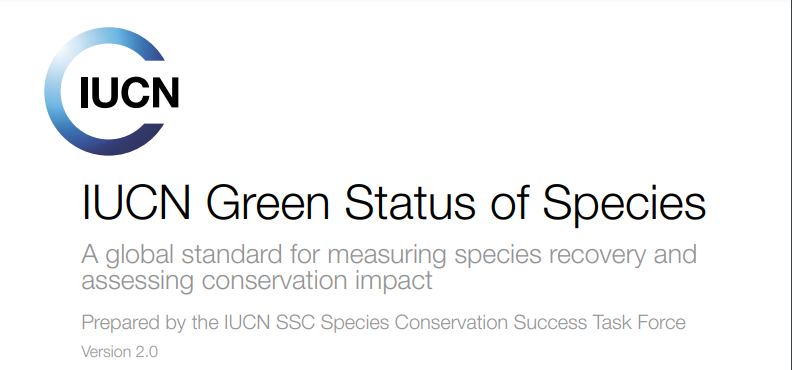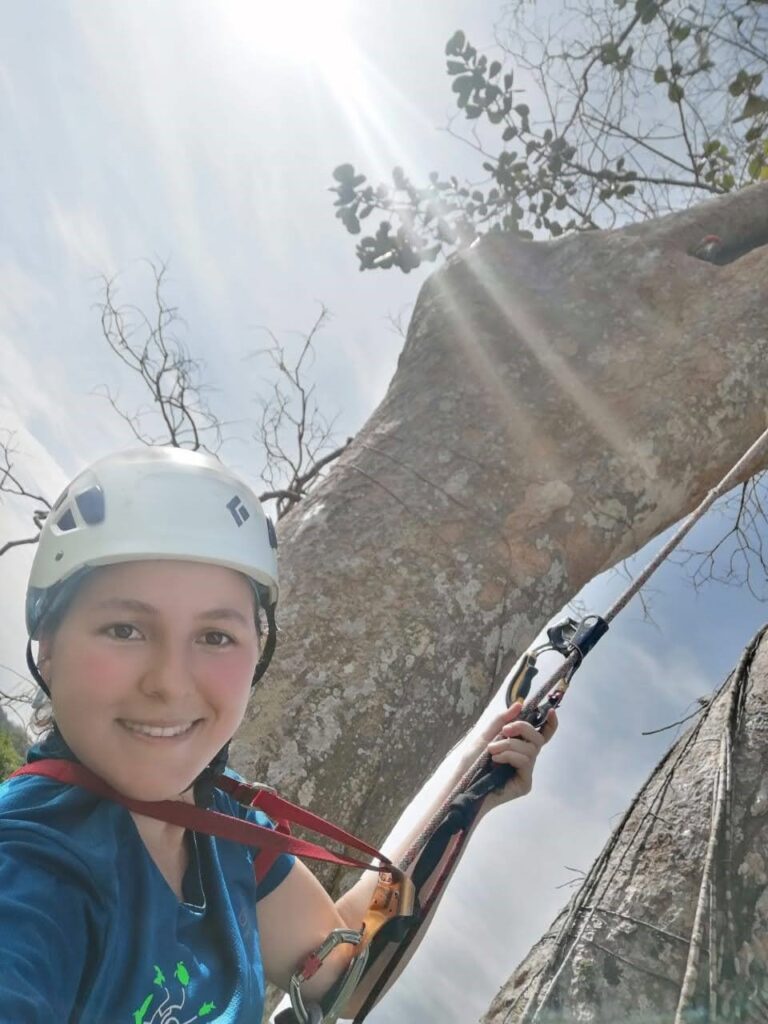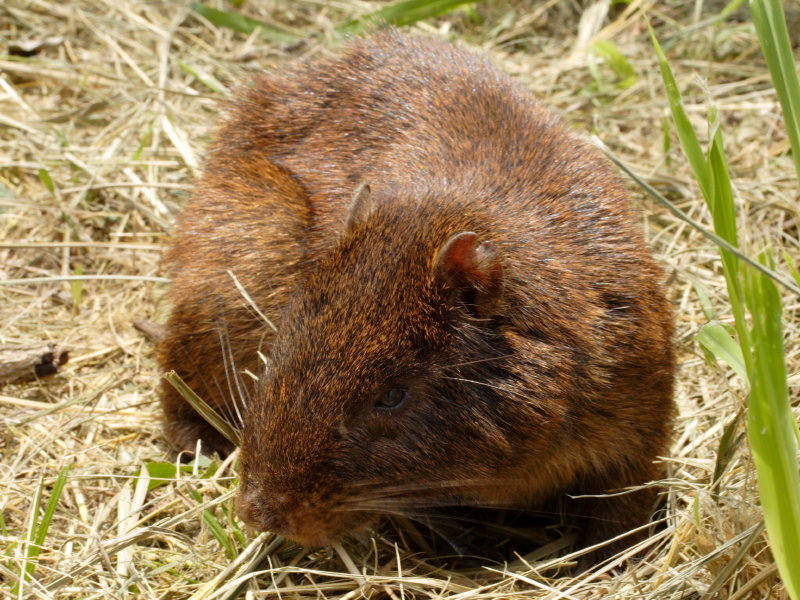
We are thrilled to have a small mammal theme for a new placement through Durrell. Salomé has joined us, having previously completed the DESMAN course in Jersey. Salomé is currently based in Colombia. For her internship she is getting to grips with the Green Status of Species and will be developing several small mammal assessments. Having recently updated the Red List accounts for European species, we will be working on a number of these where Green Status assessments would be beneficial.
“I’ll be doing a three-month internship with Durrell, where I’ll be supporting the Specialist Group in conducting Green Status assessments for small European mammals. This incredible opportunity came about through networking efforts following my completion of the Durrell DEMSAN course last April, during which I gained insights into the purpose and significance of Green Status assessments.
 Joining this team is immensely exciting for me as it presents a chance to delve into the process of conducting assessments firsthand. It’s the perfect opportunity to apply the new framework I’ve learned about, which aims to quantify measures of species recovery and conservation success. As an early career conservation biologist, I’m particularly drawn to the Green Status’s focus on understanding how past conservation efforts have impacted species recovery and how current and future actions can contribute to their conservation with a comprehensive and ecologically functional approach. This opportunity will also give me the chance to interact with species specialists and learn about their conservation work on new species for me, which is really exciting!
Joining this team is immensely exciting for me as it presents a chance to delve into the process of conducting assessments firsthand. It’s the perfect opportunity to apply the new framework I’ve learned about, which aims to quantify measures of species recovery and conservation success. As an early career conservation biologist, I’m particularly drawn to the Green Status’s focus on understanding how past conservation efforts have impacted species recovery and how current and future actions can contribute to their conservation with a comprehensive and ecologically functional approach. This opportunity will also give me the chance to interact with species specialists and learn about their conservation work on new species for me, which is really exciting!
This aligns perfectly with my overarching goal of comprehending the influence of conservation practices on species recovery. I’m eager to contribute to this innovative approach that transcends survival and extinction avoidance, so I am very excited with the prospect of participating in the development of assessments within this framework.”
The development of the IUCN Green Status of Species Global Standard was led by the IUCN Species Conservation Task Force, in partnership with the IUCN Red List of Threatened Species, IUCN Species Survival Commission, Re:wild, Wildlife Conservation Society, University of Oxford, Stony Brook University, Durrell Wildlife Conservation Trust and Zoological Society of London.









Recent Comments